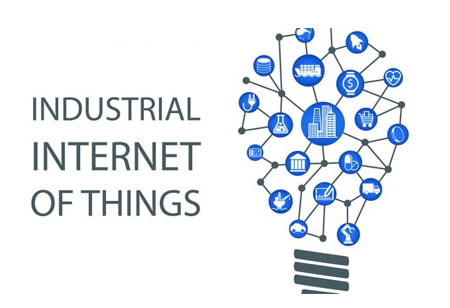THANK YOU FOR SUBSCRIBING
How Blockchain Technology Will Disrupt Financial Services Firms
As financial organizations today are looking to adopt digital strategies, Blockchain technology is gaining a lot of traction.

By
Apac CIOOutlook | Thursday, January 01, 1970
Stay ahead of the industry with exclusive feature stories on the top companies, expert insights and the latest news delivered straight to your inbox. Subscribe today.
As financial organizations today are looking to adopt digital strategies, Blockchain technology is gaining a lot of traction as it has the ability to transform the way firms’ carry out their financial transaction. Financial enterprises are inclining towards blockchain as a more reliable and secure way to record transactions, assign ownership, and reconcile receivables and payables. According to the survey reports, the majority of the financial institutions consider blockchain technology to be the key for their success and over the next ten years, it is believed to be in everyday use in the financial industry.
The implementation of blockchain technology impacts almost every area of the financial industry. Let’s have a look at a few areas—the trusted third party, back office, trade finance, insurance, and compliance and regulation.
Check out: Top FinTech Companies
Most of the financial firms depend on the third parties for inter-bank transactions and to maintain all the account information. By using Blockchain technology, each bank maintains its own copy of the ledger. The peer-to-peer network structre helps in monitoring the location of commodities and facilitating payments in real time. This tamper-proof nature of the Blockchain further strengthens banks and financial institutions trust level during transactions. There is no room for dispute or error. Leveraging blockchain, organizations are able to create a log of inventory, using which customers can aggregate complete information about the participants in the blockchain network. In addition to security, blockchain also offers transparency. Participants in a peer-to-peer network can view the information and verify it using an algorithm. As participants approve data, it is entered into the general ledger and stored chronologically with earlier records.
The blockchain is already experiencing the use outside of the financial services sector, where it got its start. Big players like IBM is deploying the blockchain technology to build a currency-less system that could be used for any purpose such as executing contracts, payments and more.





